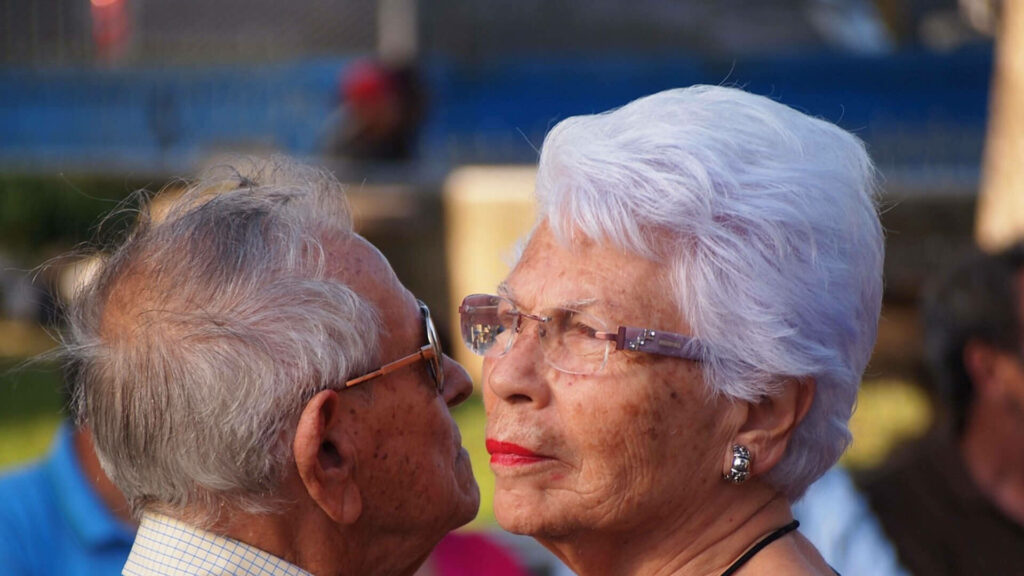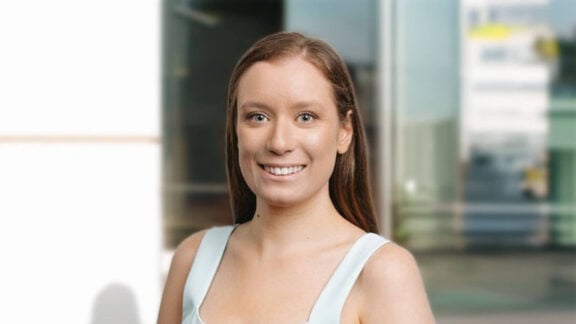Dementia is a growing concern in Australia, where it ranks as the second leading cause of death, and the leading cause for women. With an estimated 1.1 million Australians projected to be living with the condition by 2058, its impact on families, particularly within migrant communities, is profound. As Dementia Action Week (16–22 September 2024) encourages us to “act now for a dementia-friendly future,” health experts are raising awareness of the increasing rates of dementia among first-generation migrants.
Dr. Athanasios Kokinias, Head Psychiatrist at Royal Melbourne Hospital’s Mental Health Clinic, observes, “We’re seeing more cases as older members of our community, especially first-generation migrants, reach advanced ages.
As reported by various sources in Neos Kosmos dementia is severely affecting our community.
The importance of culturally adapted diagnosis
Dr. Matt Staios, a Clinical Neuropsychologist specialising in dementia diagnosis, has identified the challenges posed by standard diagnostic tests. These tests often lead to misdiagnoses when cultural, language, and educational factors are not considered. To address this issue, Dr. Staios developed specialised diagnostic tools tailored for Greek migrants, now in use in countries with significant Greek populations.
“The tests we developed are already being used in Australia, the U.S., and Canada,” Dr. Staios explains.
“We found a high rate of incorrect diagnoses when culture and language were not taken into account, particularly within the Greek community.”
These new tools have proven effective in the early detection of dementia, helping both patients and their families make informed decisions.

Why dementia cases are increasing
According to Dr. Staios, the rise in dementia cases is due to an aging population and increased life expectancy.
“We live in an aging society. By 2050, it’s estimated that 153 million people worldwide will meet the criteria for a dementia diagnosis,” he notes.
Improved access to healthcare, better living conditions, and technological advances have contributed to longer lives, but this longevity also brings increased medical challenges, including dementia.
The power of the Mediterranean diet and exercise
Although there is no definitive cure for dementia, Dr. Staios highlights that certain preventive activities can reduce the risk of developing the disease.
“The Mediterranean diet, especially the Greek diet, has been shown to help prevent Alzheimer’s disease,” he says, while also emphasising the importance of regular exercise, social connection, stress management, and quality sleep.
“Early diagnosis allows for better symptom management,” Dr. Staios adds.
In addition, mental and physical activity help maintain cognitive sharpness, reducing the risk of degenerative brain diseases.

“Don’t worry, take action” – New research on dementia
According to a recent study by National Seniors Australia, published during Dementia Action Week (September 16-22), older adults who believe their activities can help prevent dementia tend to worry less about developing it. The 2024 study, which involved nearly 5,000 Australians over the age of 50, found that seniors engaged in preventive activities are more likely to maintain a positive outlook.
“Some of these activities may not significantly reduce the risk, but many others have been proven effective, as dementia research shows,” Dr. Diane Hosking, the study’s lead researcher, points out.
Furthermore, the study revealed that those with personal experience of dementia, through relatives or friends, are more likely to worry about developing the condition. These individuals are also more likely to seek information and prepare for the possibility of dementia.
Education and misinformation
As dementia cases increase over the years, it becomes clear that access to accurate information is crucial.
“The more we, as a community, talk about the realities of dementia, the better we can take action to address it,” emphasises Dr. Hosking.
National Seniors Australia has published recommendations from older adults for valuable resources, such as Dementia Australia, that can assist in understanding the disease and taking appropriate steps for the future.
The need for awareness and action
Dementia is a complex condition that requires awareness, proper diagnosis, and timely action.
As the population ages and dementia cases rise, it is essential to focus on prevention through accurate information and support for families facing the disease.









